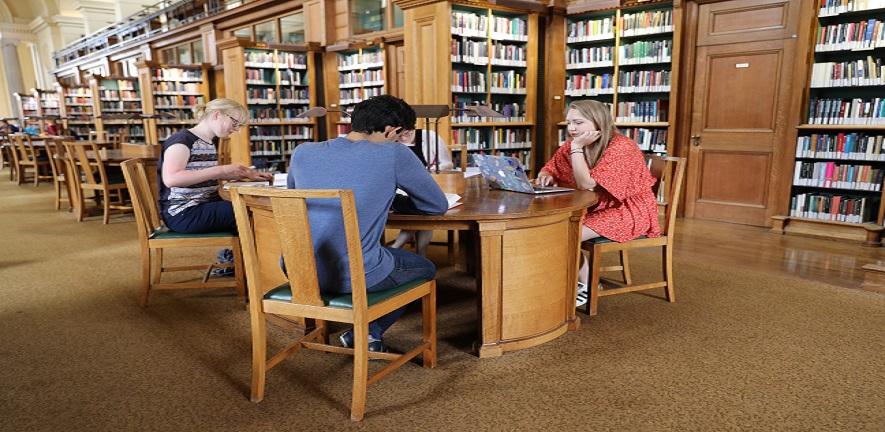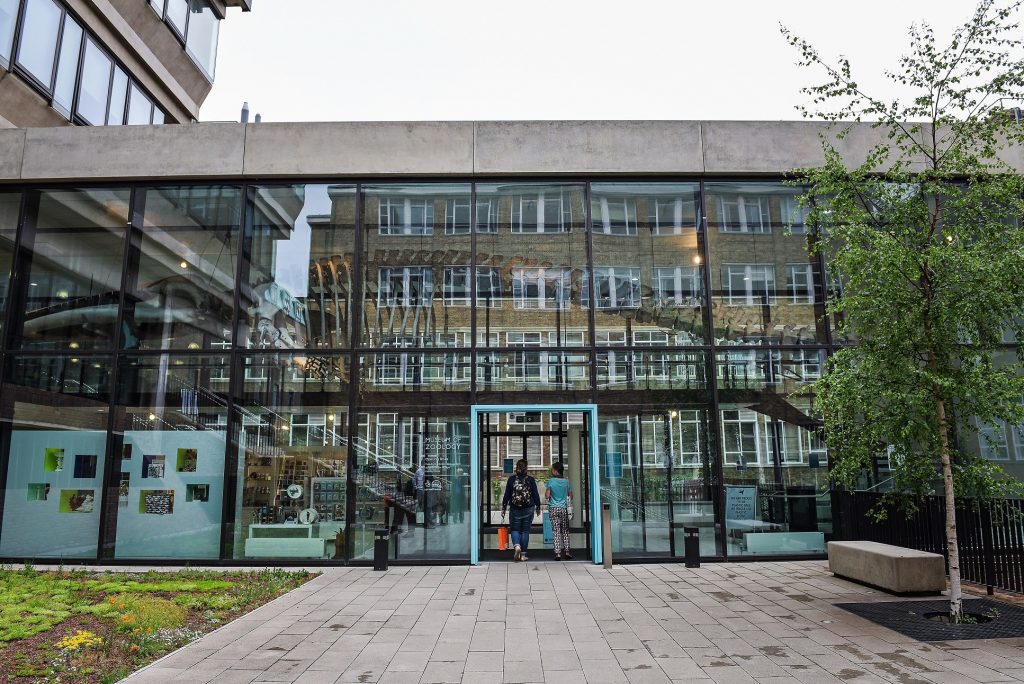📖Program Curriculum
Course Outline
Teaching is made up of lectures, seminars, language classes and supervisions – you can generally expect 12-14 hours of teaching each week.
You are assessed at the end of each year through written and oral examinations, and/or coursework. Depending on your choice of language(s), you take four to six papers in Years 1, 2 and 4, including a dissertation of 12,000 words in your final year. You spend Year 3 abroad. See the website for full course details.
If you combine a Middle Eastern with a European language, you study both roughly equally in Year 1 but after that you can balance them as you wish. If you combine both to Year 4, you spend Year 3 in the Middle East.
Years 1 and 2 (Part I)
In Year 1 (Part IA), you study your chosen language(s) intensively, in both written and spoken forms. You take introductory papers on East Asia or the Middle East, depending on the language(s) you’re studying.
In Year 2 (Part IB), you continue to study your chosen language(s). Classical language is compulsory for those taking Chinese or Japanese (for one term in Japanese) and you also choose from a number of optional papers, some borrowed from other courses. In Japanese, this includes half-papers (one-term-long papers) to allow for even greater choice. The topics offered are subject to change but currently include:
Chinese – dynastic and modern China, Chinese thought, Chinese literature, classical Chinese, popular culture, Chinese religions, globalisation in China, cinema, linguistics
Japanese – Classical Japanese, pre-modern and modern Japanese history, pre-modern and modern Japanese literature, Japanese society, Japanese politics since 1945, cinema, linguistics
Arabic, Hebrew, and Persian – literature (Arabic, Hebrew, Persian), classical Islamic civilisation, formation of the modern Middle East, the anthropology of Islam, Hebrew culture, Hindi, cinema, linguistics, Islam, Judaism
Year 3 and 4 (Part II)
In Year 3, you spend at least eight months abroad developing your language skills and your understanding of the culture you’re studying.
In Year 4, you write a dissertation and take four further papers, including at least one advanced language paper. You choose your other papers from a list of specialist options, some borrowed from other courses. The topics offered change from year to year but currently include:
Chinese – early and Imperial China, China during the second world war, modern Chinese literature, pre-modern Chinese literature, contemporary Chinese society, Chinese linguistics, China in the Internationalernationalernational Order, Chinese religions
Japanese – Classical Japanese, contemporary Japanese society, Japanese politics and international relations, pre-modern and modern Japanese history, pre-modern and modern Japanese literature, Korean
Arabic, Hebrew, and Persian – classical and/or modern literature (Arabic, Hebrew and Persian), empires of the Persianate world, imperialism and Islamic law, pre-modern Islamic cities, the invention of Israeli culture, Semitic linguistics, Sanskrit, Hindi, Islam, Judaism
For further information about studying Asian and Middle Eastern Studies at the University of Cambridge see the Faculty of Asian and Middle Eastern Studies website.


